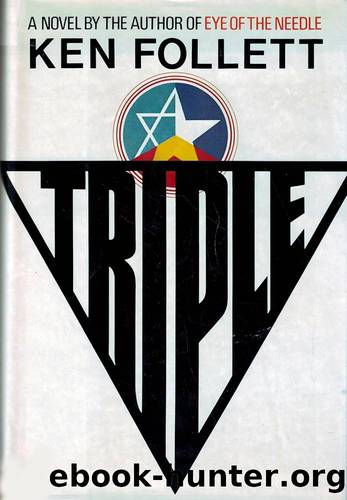Dark Bargain: Slavery, Profits, and the Struggle for the Constitution by Goldstone Lawrence

Author:Goldstone, Lawrence [Goldstone, Lawrence]
Language: eng
Format: epub
Tags: History, Politics
ISBN: 9780802715074
Amazon: 0802715079
Goodreads: 334640
Publisher: Walker Books
Published: 2006-10-03T07:00:00+00:00
As soon as the vote on apportionment had been completed, Randolph moved "that in order to ascertain the alterations in the population & wealth of the several States [the two criteria specified in section two] the Legislature should be required to cause a census, an estimate to be taken with in one year after its first meeting; and every years thereafterâand that the Legislre arrange the Representation accordingly." Although Randolph left the number of years between censuses blank, as his later remarks made clear, he intended the period to be very short indeed.
Gouverneur Morris countered for the North. He opposed a census entirely, he said, "as fettering the Legislature too much. Advantage may be taken of it in time of war or the apprehension of it, by new States to extort particular favors." Morris was extremely adept at rationalizing a position, but trying to justify not knowing how many people lived in the United States strained even his capabilities. "If the mode was to be fixed for taking a census, it might certainly be extremely inconvenient," he added, without indicating just what "inconvenient" meant, "and if unfixed the Legislature may use such a mode as will defeat the object: and perpetuate the inequality."
Once he had declared himself an enemy of inequality, he once again proposed an unequal role for any new states from the West. He "dwelt much on the danger of throwing such a preponderancy into the Western Scale, suggesting that in time the Western people wd. outnumber the Atlantic States." Morris said that he "wished therefore to put it in the power of the latter to keep a majority of votes in their own hands."
Finally, addressing southern fears that, without a census, the North would simply keep control of the legislature, even if the South had more people, Morris noted that "it was objected . . . that if the Legislre are left at liberty, they will never readjust the Representation." He then "admitted that this was possible; but he did not think it probable unless the reasons agst a revision of it were very urgent & in this case, it ought not to be done."
Morris made no attempt to explain why a census would "fetter the legislature." As to his call for unity, men like Rutledge would never have succumbed to a transparent ploy that asked the planters to simply trust the North to do the right thing. Nor would the southerners accept an appeal to the Atlantic states to stick together against those interlopers from the West who would try to take advantage of real Americans. Predictably, the southern delegates did little more than scoff at Morris's pronouncement and discussion of the census was put off until the next morning.
The next day, July 11, was one of the most important of the entire four months.5
As the proceedings opened, Sherman opposed a census, and just as quickly Mason supported one, responding directly to Morris's argument. "According to the present population of America, the Northn. part of it had a right to preponderate, and he could not deny it.
Download
This site does not store any files on its server. We only index and link to content provided by other sites. Please contact the content providers to delete copyright contents if any and email us, we'll remove relevant links or contents immediately.
The Secret History by Donna Tartt(19086)
The Social Justice Warrior Handbook by Lisa De Pasquale(12190)
Thirteen Reasons Why by Jay Asher(8909)
This Is How You Lose Her by Junot Diaz(6886)
Weapons of Math Destruction by Cathy O'Neil(6279)
Zero to One by Peter Thiel(5801)
Beartown by Fredrik Backman(5754)
The Myth of the Strong Leader by Archie Brown(5507)
The Fire Next Time by James Baldwin(5442)
How Democracies Die by Steven Levitsky & Daniel Ziblatt(5218)
Promise Me, Dad by Joe Biden(5153)
Stone's Rules by Roger Stone(5087)
A Higher Loyalty: Truth, Lies, and Leadership by James Comey(4961)
100 Deadly Skills by Clint Emerson(4925)
Rise and Kill First by Ronen Bergman(4788)
Secrecy World by Jake Bernstein(4753)
The David Icke Guide to the Global Conspiracy (and how to end it) by David Icke(4717)
The Farm by Tom Rob Smith(4507)
The Doomsday Machine by Daniel Ellsberg(4490)
